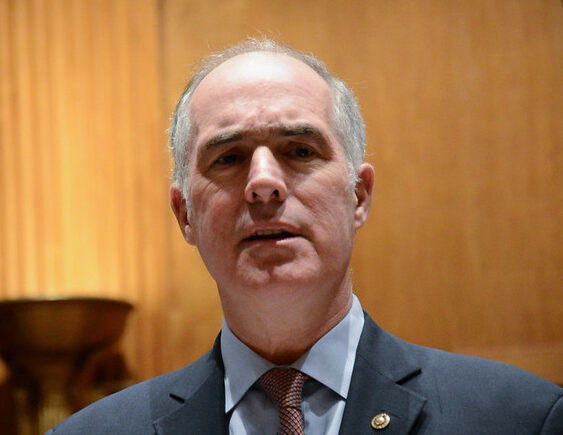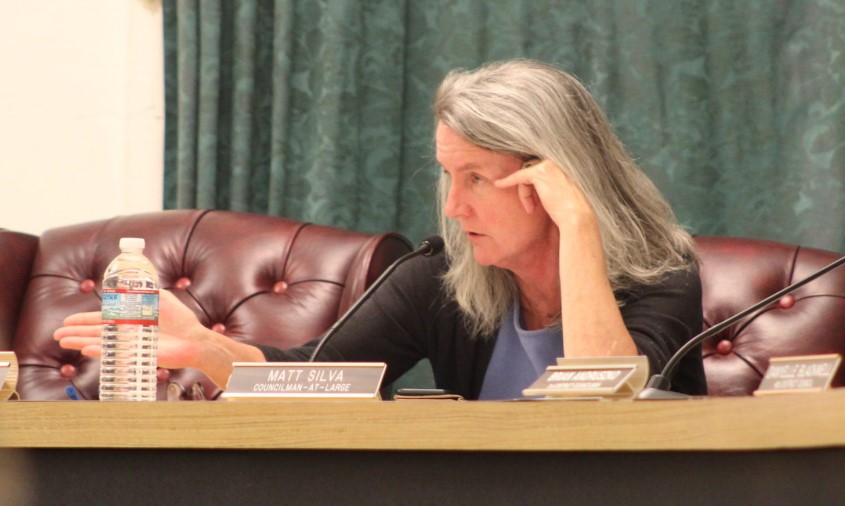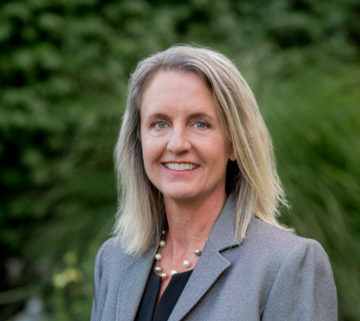This article first appeared in Broad + Liberty. Sen. Bob Casey’s brother-in-law began state-based lobbying for a Medicaid managed-care company last year, just months before a pivotal and likely damaging report on the health care company from the U.S. Department of Health and Human Services was poised for release. The federal audit into Keystone First […]




